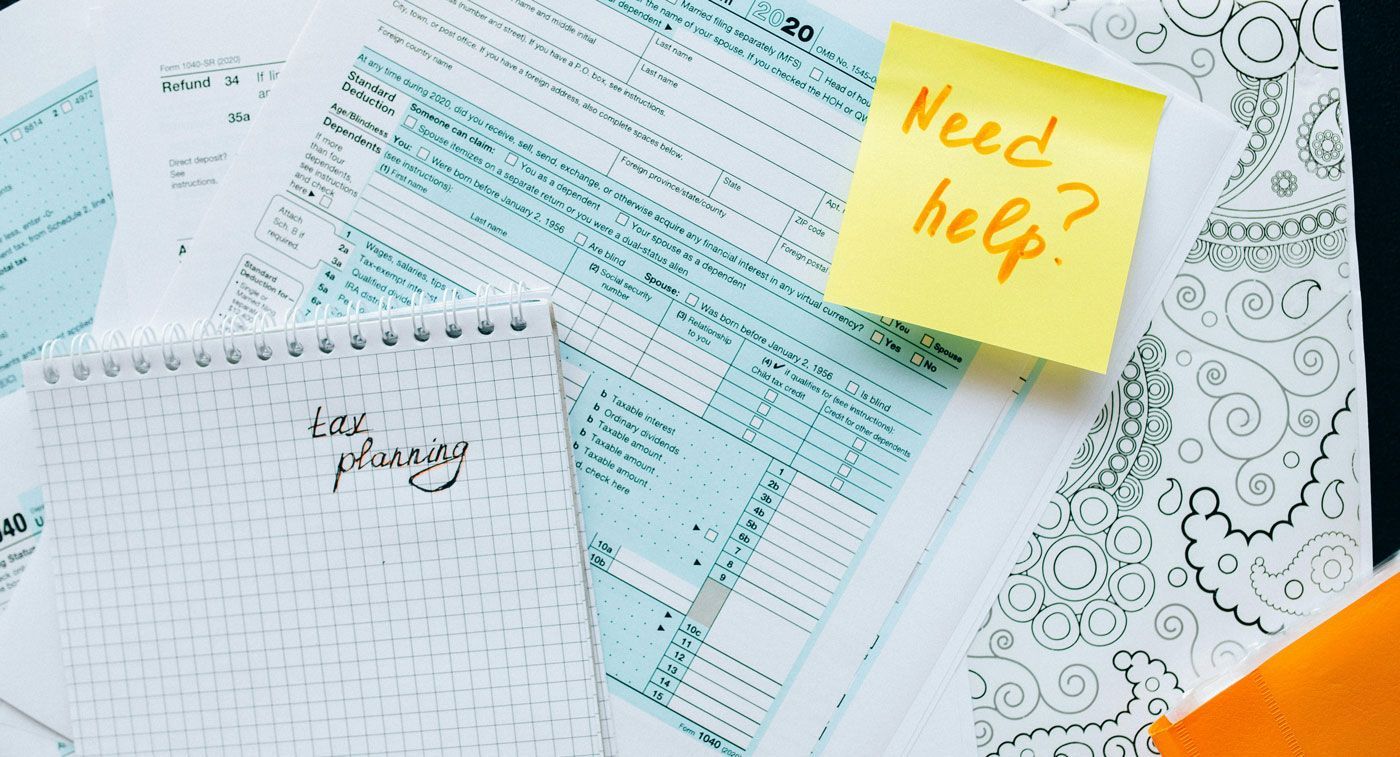Bookkeeping Mistakes Every Small Business Should Avoid
Bookkeeping Mistakes Every Small Business Should Avoid
And how to fix them before they cost you big
Let’s face it—bookkeeping isn’t the most exciting part of running a small business. But it is one of the most important. When the numbers get messy, it doesn’t take long for things to snowball—suddenly you're behind on taxes, wondering where your cash went, and losing sleep over financial decisions that feel more like guesses than facts.
At Right on the Money Bookkeeping, I’ve seen it all. From innocent mix-ups to months (or years!) of transactions left untouched, small bookkeeping mistakes can add up fast. But the good news? Most of them are totally avoidable—with the right know-how, systems, and support.
So let’s break down some of the most common bookkeeping mistakes we see—and what you can do to avoid them before they cost you.
Mixing Personal and Business Expenses
This one’s a classic. You’re out grabbing office supplies and toss a few groceries on the same card. It’s just one receipt, right? No big deal.
But over time, those little mix-ups can make your books a headache to sort through. Come tax season, you’ll be scrambling to figure out what was a business write-off and what wasn’t. Worse, if you're ever audited, having co-mingled accounts makes it harder to defend legitimate business expenses.
The fix is simple: open a separate business bank account and credit card, and use them only for business. It’ll keep things clean and save your bookkeeper (and you) a ton of time. And if the lines have already blurred, don’t worry—bookkeeping clean up services are designed to untangle that mess and get you back on track.
Falling Behind on Bookkeeping
You’re busy. We get it. Between running your business, managing clients, and, well, having a life, sitting down to do your books probably isn’t high on the list. But here’s the thing—when you let it slide, even for a few weeks, it can become overwhelming fast.
Before you know it, you’re months behind, trying to remember what that $184 charge from “Office Pro X” was back in March.
The easiest way to avoid this is consistency. Whether it’s once a week or once a month, set a time to review your finances and stick to it like a meeting with your most important client—because, in a way, it is. If bookkeeping just isn’t your thing (or if you’re ready to stop avoiding it), this is where monthly bookkeeping services can be a lifesaver. Let someone else stay on top of it, so you can stay focused on growing your business.
Misclassifying Income and Expenses
Not everything is just an “expense.” Classifying your income and spending properly is crucial—not just for taxes, but for understanding how your business is actually performing.
Take this example: if you classify a loan as revenue, your books might show that you're doing great when, really, you’re in the red. Or if you record an owner draw as payroll, you could trigger unnecessary tax obligations.
That’s why working with someone who understands the nuances of your business is so valuable. A bookkeeper who knows their stuff (and offers a solid list of bookkeeping services) can help ensure everything’s coded correctly from day one.
Skipping Account Reconciliation
If you’re not reconciling your bank and credit card accounts regularly, you’re flying blind. Just because your software says you have $5,000 in the bank doesn’t mean that’s what’s actually there.
Reconciling means matching your books to your bank statements to make sure nothing’s missing, duplicated, or misentered. It’s one of those behind-the-scenes habits that keeps your financial house in order.
Ideally, this should happen every month. It doesn’t have to be complicated, especially with modern accounting software. But it does have to happen. Again, if this isn’t your jam, a bookkeeper offering monthly bookkeeping services can handle it seamlessly for you.
Forgetting About Invoicing and Bill Payments
Another mistake we see? Business owners who forget to send invoices—or forget to pay bills. It might sound like something you’d never do, but when your schedule is packed, it’s easy to lose track. The result? Missed income on one side, late fees on the other.
Keeping your accounts receivable and payable organized is key to cash flow, which is the lifeblood of any small business. A good bookkeeper will not only help you track who owes what and when, but also make sure you’re not missing deadlines either.
DIY Bookkeeping (Without Training)
Look, we’re all for rolling up your sleeves. In fact, many of our clients start out doing the books themselves. But here’s the thing—just because you can doesn’t mean you should, especially if you’re not confident in what you're doing.
Software tools can make it look easy, but they’re only as good as the data you put in. One wrong click or misclassified transaction can throw off your reports, mislead your tax accountant, or worse—trigger penalties.
If you’ve been winging it and now you’re not sure what’s what, that’s where bookkeeping clean up services come in. We’ll help straighten things out and get you a clean slate, so you can either take back control with confidence or hand it off for good.
Not Reviewing Financial Reports
A lot of business owners think of bookkeeping as just tracking expenses. But it’s so much more than that. Your books can tell a powerful story—if you’re paying attention.
Regularly reviewing your profit & loss, balance sheet, and cash flow reports can help you spot trends, avoid surprises, and make better business decisions. Without that insight, you're driving without a map.
Whether you review these yourself or with a professional, make it part of your routine. You wouldn’t ignore a flashing check engine light on your dashboard. Don’t ignore one in your finances either.
Overlooking Sales Tax
Sales tax is one of those sneaky details that can come back to bite you. The rules change by state, by product, and even by how and where you sell your goods. If you’re not collecting and remitting the right amount, you could end up with some hefty fines.
The solution? Know your obligations—or better yet, work with someone who does. Sales tax compliance is often part of a solid bookkeeper services package and can save you from serious headaches down the road.
Waiting Too Long to Get Help
This might be the biggest mistake of all. So many small business owners wait until they’re buried in receipts, behind on taxes, or facing a cash crunch before they reach out for help.
But bringing in a professional early—even just for a consultation—can save you time, stress, and money. Whether you need someone to take over your monthly books, help clean things up, or just offer guidance, the right bookkeeper becomes a trusted partner in your business journey.
You Deserve Peace of Mind
At the end of the day, clean books aren’t just about numbers. They’re about clarity. Confidence. Control. When your finances are in order, you make better decisions, feel less stressed, and have more time to focus on what you actually love about running your business.
If your bookkeeping needs a little TLC, Right on the Money Bookkeeping is here to help. Whether you’re looking for ongoing support or just need a one-time clean-up, I’m happy to talk through your options.
Reach out today for a free consultation—because your business deserves to be right on the money.









